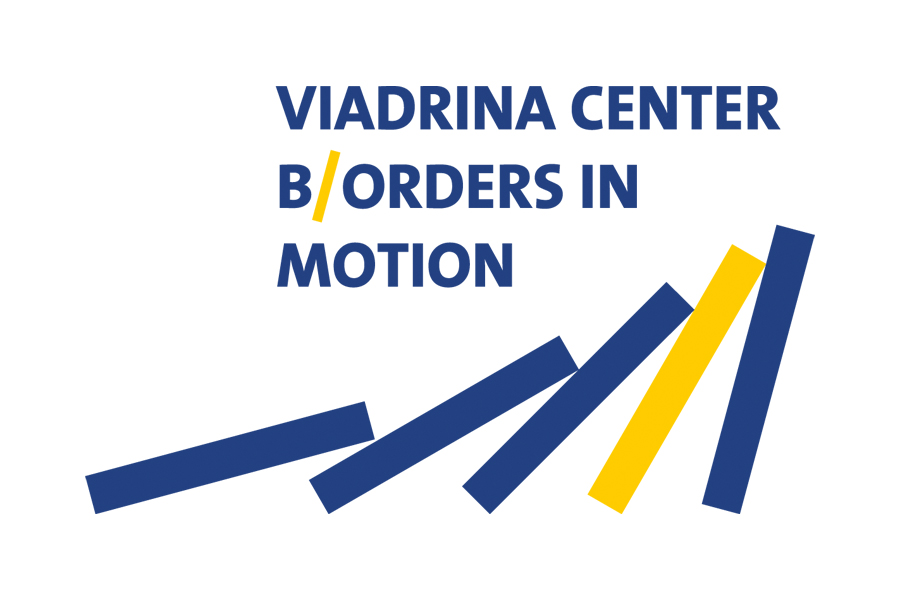Unternehmerische Habitusdispositionen in der Umbruchgeneration vom Staats- zum Postsozialismus - ein deutsch-polnischer Vergleich. Teilprojekt 6 (Mod-Block-DDR)
Details
Projektleitung:
-
Prof. Dr. Anna Schwarz (Emerita, Europa-Universität Viadrina)
Projektbearbeitung:
- Dr. Anna M. Steinkamp † (Europa-Universität Viadrina Frankfurt (Oder)
- Sławomir Kamosiński (Research Fellow, Kazimierz-Wielki-Universität, Polen)
Drittmittelfinanzierung:
Bundesministerium für Bildung und Forschung
Projektlaufzeit:
2018-2025
Projektbeschreibung
In this subproject, the focus is on the reconstruction of specific habitus dispositions that people have acquired through their socialization during and after the phase of socialism in the GDR / East Germany and Poland. We are particularly interested in those features, which favour or limit entrepreneurial behaviour as well as their possible changes regarding the conditions of rapid societal and economic transformation after the opening of the German border in late 1989. Following an open-ended, qualitative and multi-comparative research design, we are investigating within our sub-project, which relatively stable, "primary" socialist habitus imprints we find in entrepreneurs of an older generation of comparison, and to what extent on the other hand, change processes in some more changeable aspects of a "secondary" habitus in the younger generation of transition (born between 1970 and 1985 born). An analogous cohort comparison is also carried out in the German-Polish context.
Another comparative perspective allows the research of entrepreneurial personalities of the transitional generation, who have experienced both the GDR / East Germany and the old federal states. For this purpose, people are to be investigated who were socialized in the GDR, but then acted entrepreneurially by leading a company or creating a start-up in the old federal states after the reunification of Germany - or vice versa, company founders or leaders who are from the old federal states and then moved to the new states from 1990. The focus is on the subjectively experienced motivations, the advantages and disadvantages of the other region as well as the effects and experiencing of this decision as a process until today.
The change of the system and order from state socialism to the framework of a market economy and pluralistic democracy that has happened in the GDR is analyzed here in relation to the associated overcoming of limitations of individual action orientations, but at the same time to new, limiting factors for endogenous business start-ups in East Germany after 1990.
Jarina Kühn/Anna Schwarz/Anna M. Steinkamp: Unternehmerischer Habitus von Ostdeutschen vor und nach 1990. Kontinuität oder Wandel unternehmerischer Handlungsorientierungen von Menschen mit DDR-Biografie, in: Deutschland Archiv, 26.10.2020, link: www.bpb.de/317550.
Socialism and today's innovative entrepreneurship: contradiction or reality?
In the second funding phase, it is planned to comparatively analyze economic, social and cultural capital as influencing factors for innovative entrepreneurial action among entrepreneurs. The focus is on entrepreneurs who lived in the GDR and the VRP at least until the age of 18 and are currently still active as entrepreneurs. The analysis is based on the empirical data collected to date (guided interviews with an extended biographical section).
In addition, an expansion of the analysis with new empirical data from the USA is planned. Interviews are planned with entrepreneurs who were born and grew up in the GDR or VRP and who have built up a technology or knowledge-based company in the USA and run it today. In this way, it will be possible to compare the effectiveness of habitual dispositions to act as well as economic, social and institutionalized cultural capital between East German and Polish entrepreneurs even more comprehensively.
The German-Polish comparison promises gains in knowledge, as different degrees of individuality orientation are assumed between East Germans and Poles. Depending on the national context, specific opportunities for action can contribute to different forms of development of the entrepreneurial habitus, which is why multiple contrasts in the study sample are desirable.
The research group „European Challenges: Technologischer Wandel und Re-Arrangements von Migration und Arbeit“ , which was funded by the Viadrina Center B/ORDERS IN MOTION with seed money, was involved in the acquisition of this third-party funded project.
